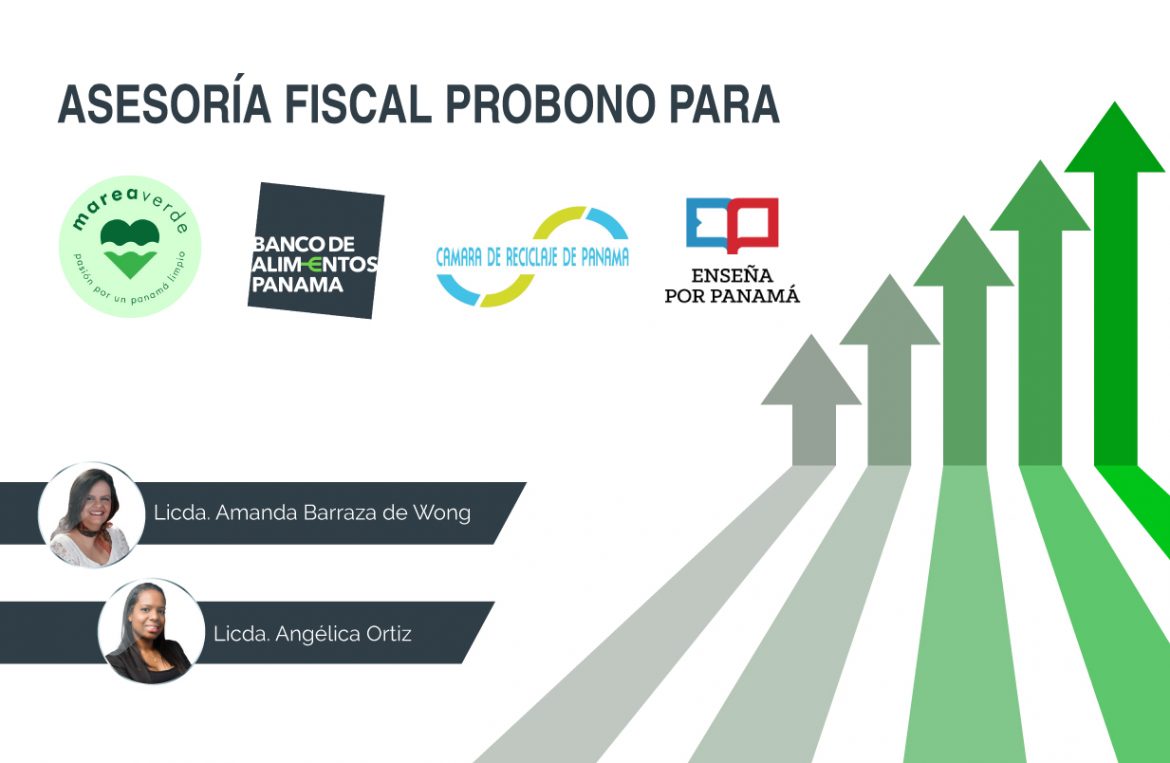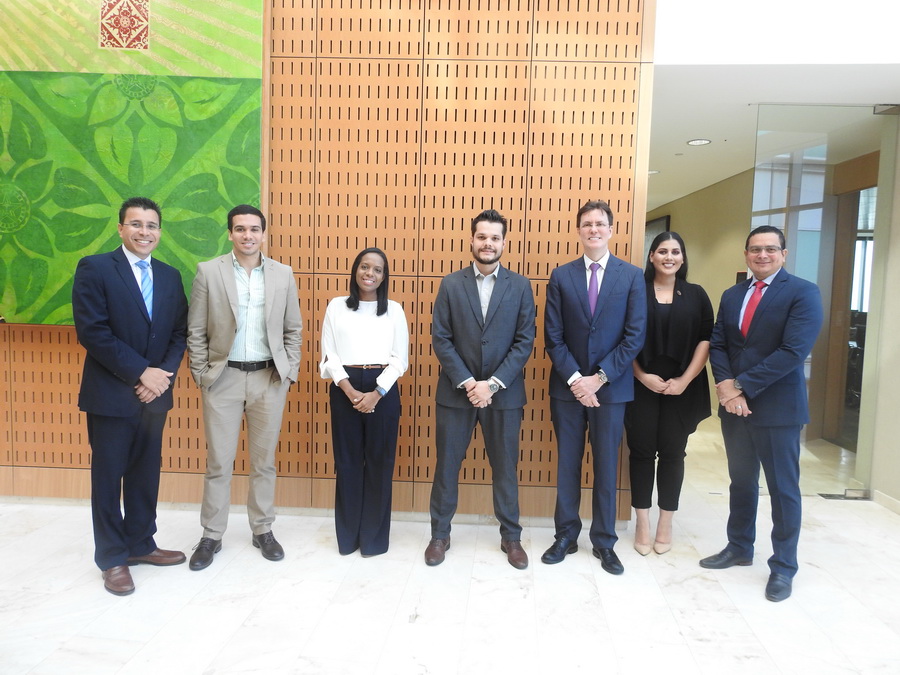Morgan & Morgan outstands in WWL: Central America 2023.
Panama, August 1, 2023. Once again, Morgan & Morgan leads the Panama section of Who´s Who Legal (WWL): Central America 2023, achieving the most recommended number of lawyers in Panama. The publication endorsed nineteen lawyers of the firm in the following practice areas Banking, Finance & Projects: Francisco Arias G. Inocencio Galindo Ramón Varela Ana
- Published in News, Albalira Montúfar, Allen Candanedo, amanda_barraza_publi, Ana Castillo, Banking and Finance_news, Barraza Amanda, Carlos Ernesto Gonzalez, Corporate Services_news, Energy and Natural Resources_news, Francisco Arias, Francisco Linares, Inocencio Galindo, Intellectual Property_news, Jazmina Rovi, Jose Carrizo, Juan David Morgan Jr, Labor Law_news, Litigation and Dispute Resolution_news, Luis Manzanares, Luis Vallarino, Maria Teresa Mendoza, Projects_news, Ramon Varela, Real Estate_news, Ricardo Aleman, Rishi Mungal, Rishi_mungal_publi, Roberto Lewis, Rodrigo Arias, Shipping and Admiralty Litigation_news, Simon Tejeira, Taxation_news
Morgan & Morgan outstands in The Legal 500 Latin America 2023.
Panama, October 20, 2022. With 27 attorneys and seven ranked practices, Morgan & Morgan heads the Panama chapter of The Legal 500 Latin America 2023 edition. In addition, eight practice areas receive the top Tier 1 ranking in the publication. The 27 attorneys of the firm recommended by this reference publication are: Allen Candanedo: Intellectual Property. Amanda Barraza:
- Published in News, Allen Candanedo, amanda_barraza_publi, Ana Castillo, Aristides Anguizola, Banking and Finance_news, Barraza Amanda, Corporate Services_news, Energy and Natural Resources_news, Fanny Evans, Francisco Arias, Francisco Linares, Inocencio Galindo, Intellectual Property_news, Jazmina Rovi, Jose Carrizo, Juan David Morgan Jr, Kharla Aizpurua, Labor Law_news, Laura Barrios, Litigation and Dispute Resolution_news, Luis Manzanares, Luis Miguel Hincapie, Luis Raven, Luis Vallarino, Maria Teresa Mendoza, Mayte Sanchez, Mergers and Acquisitions_news, Milagros Caballero, Nestor Broce, Omar Rodriguez, Ramon Varela, Raul Castro, Ricardo Aleman, Ricardo Arias, Roberto Lewis, Roberto Vidal, Shipping and Admiralty Ligitation, Taxation_news
The ABC of the Tax Amnesty in Panama Law 99 of 2019
With this new legal initiative, the taxpayers have the opportunity to clear tax debts without interests, surcharges and fines and to file forms past due without penalties. Taxes included Those managed by the Revenues General Directorate What does the tax amnesty refer to? Condonation of: Interests Surcharges Fines Tax Amnesty Term If
- Published in 2019, amanda_barraza_publi, News, Taxation_news
Morgan & Morgan provided pro bono tax advice to Camara de Reciclaje de Panamá, Asociacion Marea Verde, Enseña por Panama y Fundación Banco de Alimentos
Panama, August 6, 2019. The Recycling Chamber of Panama, the Marea Verde Association, Enseña por Panama and the Food Bank Foundation, were authorized to obtain the Resolution of the General Directorate of Revenues (DGI for its initials in Spanish) that approves these organizations to receive donations deductible from income tax. Associates Amanda Barraza and Angelica
- Published in 2019, amanda_barraza_publi, Angelica Ortiz, News, Taxation_news
Morgan & Morgan Forum on Transfer Pricing
Morgan & Morgan, in partnership with Grupo Camacho Internacional (Costa Rica), presented a forum on Transfer Pricing Matters for a distinguished group of clients of the firm with the objective of updating them about important changes on this complex issue, which affects both local and multinationals companies with operations in Panama. The topics were presented
- Published in 2019, Adolfo Campos, amanda_barraza_publi, Angelica Ortiz, Barraza Amanda, Enrique Jimenez, News, Taxation_news
Notificación Previa para Aplicación de Beneficios Fiscales en Panamá
Este artículo se publicó por primera vez en Tax Planning International Review-Bloomberg BNA, Febrero de 2014 Por Amanda Barraza de Wong, Asociada, Morgan & Morgan, Ciudad de Panamá A la fecha, Panamá ha suscrito numerosos Tratados Fiscales para evitar la Doble Tributación. Los contribuyentes deben notificar a las autoridades fiscales su intención de acogerse a
- Published in amanda_barraza_publi, Press Room, Publications, Taxation_news





